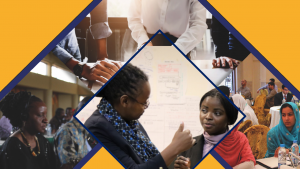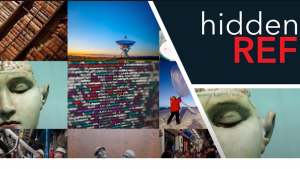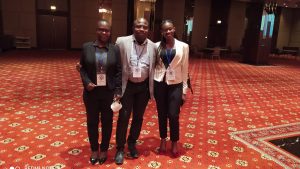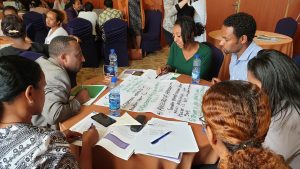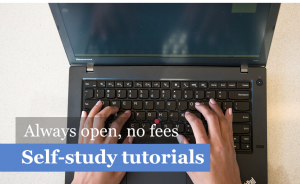Improving public service delivery, efficiency and accountability requires that government agencies can use evidence more effectively
In this post, Emily Hayter, Leandro Echt and Clara Richards share reflections from two evidence diagnostic exercises (one in Pakistan and the other in Uganda) undertaken as part of the Strengthening Evidence Use for Development Impact (SEDI) programme.

